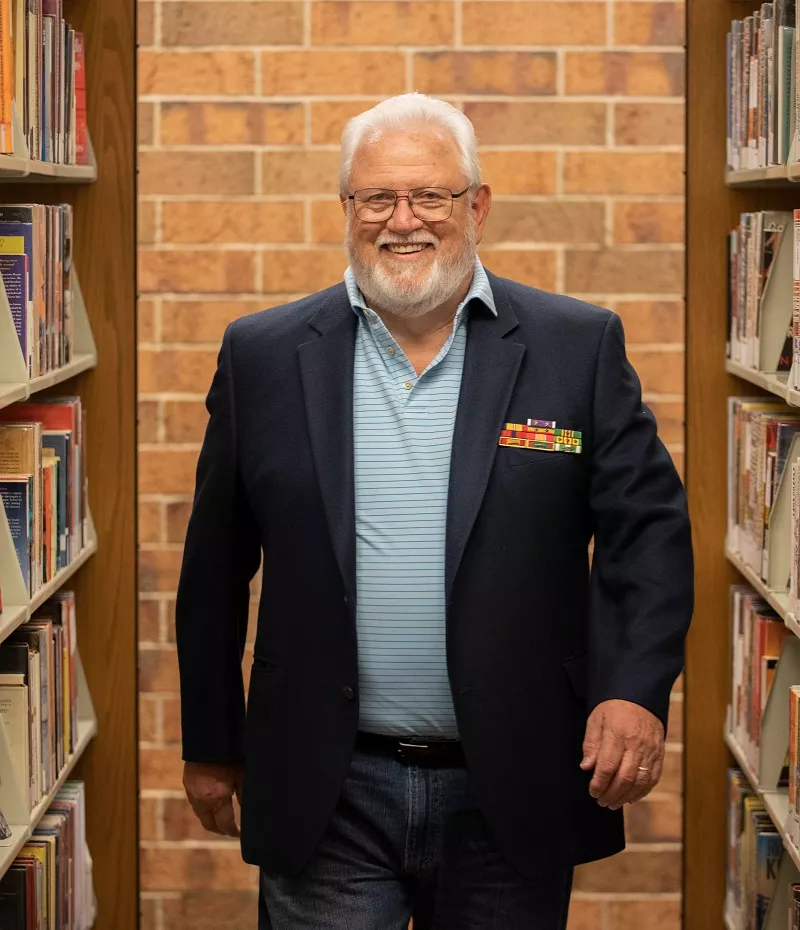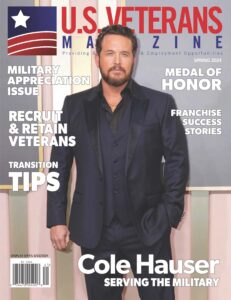I fought in Vietnam for 13 months at the age of 18. After my tour in Vietnam, I returned home a changed man. And while there was nothing extraordinary about my experience compared with others who had fought, I remain changed by my experiences there.
It’s estimated that around 30 percent of Vietnam Veterans have experienced PTSD in their lifetime. The disorder, however, doesn’t have to be as a result of war; it can be caused by any traumatic experience. For veterans who have fought in wars, PTSD can be lurking just under the surface and ready to take the place of rational thought. It pushes you into an uncontrollable urge to win the perceived battle. My urges are deep-seated and come from just over a year of constant combat.
I Had to Get My Story Out
When I came home, I knew I had an amazing story to tell. It took me nearly 50 years, but last year, I published my memoir, On Full Automatic: Surviving 13 Months in Vietnam. I always knew getting my story down on paper would be a great way to explain to those who have never fought in a war, what it’s like to actually be there. What I didn’t expect was that the whole process would be so cathartic.
Here’s How Writing My Book Has Been Healing:
I’ve Found a Way to Honor the Heroes I Knew in Vietnam
I’m not the hero in my book. People have said to me, “Thank you for your service. You are a hero in my eyes.” But I’m thinking, “I’m not the hero. The guys in my book that I wrote about are the heroes. Especially those that gave their all, they are the real heroes.” I was just a scared kid and in a lot of ways it was pure luck that brought me home at the end of my tour. Many guys weren’t as lucky.

In writing my book, I’ve been able to tell the story of all the men I knew. Many of them lost their lives but writing about them is a way of honoring them. They are back with us forever. My story is their story, and it’s finally being told.
I’ve Helped Other Survivors Process Their Own Experiences
So many veterans come home from war and can’t talk about it. They keep their experiences bottled up inside, where they can do real harm. But people respond to shared experiences. When I’ve talked to other vets who have been through war, our stories just come out automatically. It completes, verifies and justifies something inside us. I’ve had a lot of feedback from other vets who have read my book and feel that by telling my story, they have found healing too. In a way it’s their story, the one they weren’t able to tell themselves or to their families.
I’ve Given Those Who Weren’t There a New Understanding of War
On the flip side, many people who haven’t experienced war don’t know why the vet acts the way they do. They may see erratic behavior in a loved one and not know why their behavior has changed. I’ve also heard from a lot of readers who in reading the book finally understand. If you haven’t experienced it, you just don’t know. My book has given people the experience of being there. It has opened their eyes like never before.
I wanted people to know what happened. I wanted to get those memories out of me. And now that it’s all out in the open, it’s there for everyone to see and experience. When I’ve traveled to talk at book clubs, I’ve had some amazing experiences. At times I’ve had up to 20 people surrounding me asking questions. And that’s 20 more people that have a better insight of what veterans have been through.
I’ve Learned How to Process and Control My Own Emotions
When I first sat down and actually wrote my book, I didn’t experience healing immediately. It wasn’t until I started going through rounds of editing that the real healing set in. The first time I edited my manuscript, I cried after each story. Then the second time, I cried. Third and fourth times the same thing would happen. But the more I edited the less I would cry. And now I can tell the stories when I speak to crowds of people and for the most part, do not have a problem anymore.
A lot of veterans attend support groups and share their stories. But for those guys who just can’t talk about it for whatever reason, writing can be very therapeutic. I’m not suggesting that everyone write a book. And grammar or spelling shouldn’t be a concern. A lot of guys are just like me; they went into the military straight from high school. But it’s about getting your story out on paper. Once it’s there you have a choice. You can save it and share it with your children or grandchildren, or you just tear it up. The important thing is that you got your story out.



